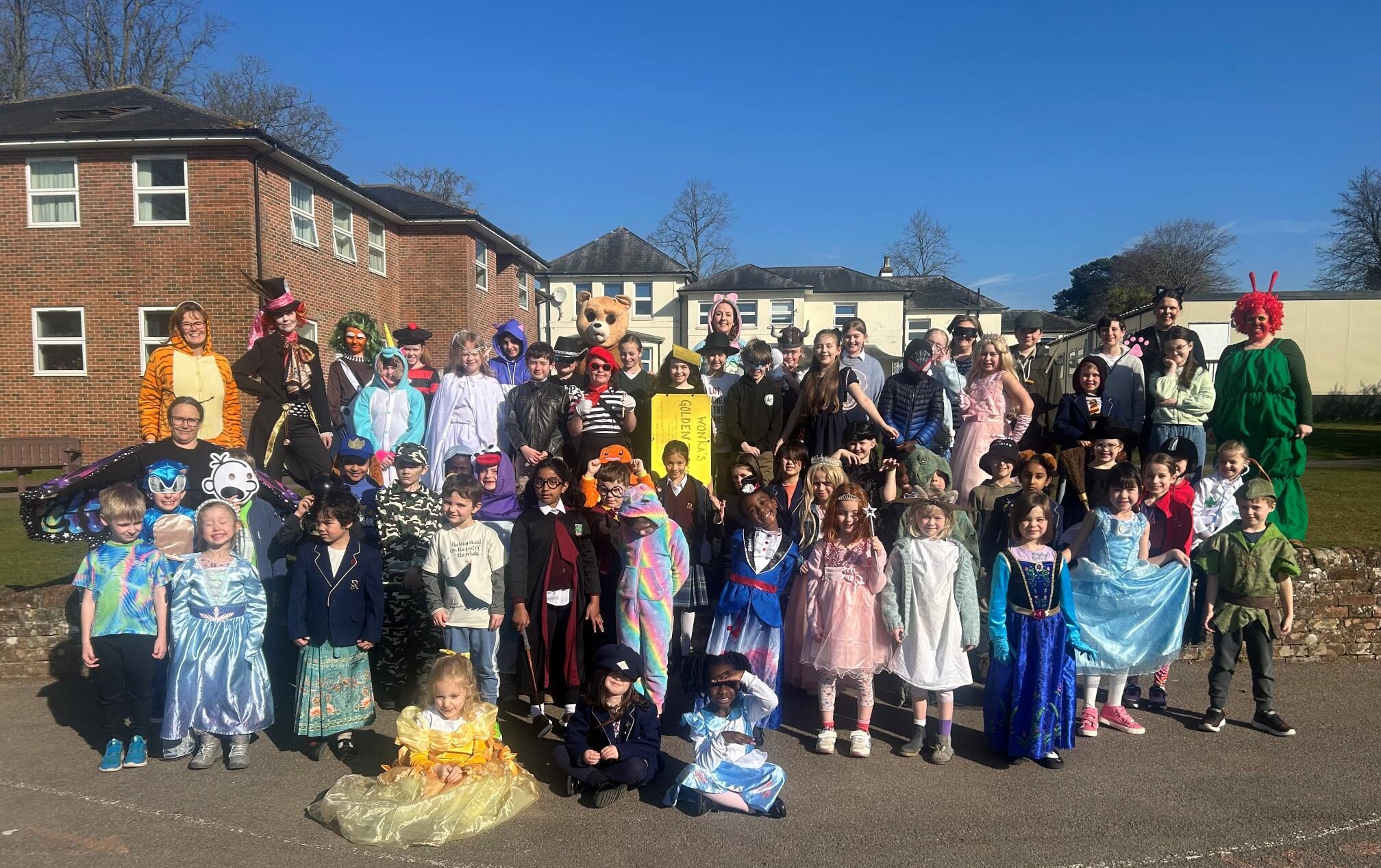
This week, we have celebrated both World Book Day and National Careers Week. I’m not certain if these two events were deliberately timed to be in the same week, but assuming for a moment they were, they are of course intrinsically linked.
World Book Day is always a highlight of the school year, bringing books to life and reminding us all of the power of reading. But beyond the joy of a good story, research consistently shows that reading is one of the most significant factors in a child’s academic success and future career opportunities. Studies from organisations such as the OECD and the National Literacy Trust highlight that children who develop strong reading habits perform better in school, have higher self-confidence, and are more likely to secure fulfilling careers.
Reading builds vocabulary, comprehension, and critical thinking skills – all of which are essential for future success. The IoE has found that children who read for pleasure achieve, on average, a year ahead of their peers in academic progress. But the benefits extend far beyond school. Employers consistently cite strong literacy skills as one of the most important attributes in the workplace, whether in writing clear reports, analysing complex information, or communicating effectively with colleagues and clients.
This brings us neatly to National Careers Week, which has provided our pupils with valuable insights into a range of career paths. Many of our activities this week have relied upon one key skill: the ability to read. Careers in medicine, law, business, engineering, and technology all require advanced reading skills, whether for understanding medical research, analysing contracts, or keeping up with fast-moving developments in science and technology. Creative industries require strong literacy skills not only for storytelling but also for scriptwriting and effective communication. In journalism, the ability to research, analyse sources, and craft compelling narratives is essential. In game design, strong literacy skills help in developing engaging scripts, character dialogues, and immersive storylines. In film, directors and screenwriters rely on their ability to interpret scripts, convey meaning, and structure narratives that resonate with audiences. Across all creative fields, the ability to read, write, and communicate effectively is fundamental to bringing ideas to life and engaging audiences.
Perhaps most importantly, reading keeps doors open. A child who reads widely is not just absorbing stories; they are building knowledge, expanding their imagination, and developing the ability to learn independently. Research from the Sutton Trust suggests that strong literacy skills are a key factor in social mobility, helping young people access higher education and better career opportunities.
So, how can we encourage reading at home? The best way is to model a love of reading—let children see you reading for enjoyment, talk about books at home, and make reading a daily habit. Whether it’s fiction, non-fiction, newspapers, or audiobooks, every form of reading strengthens the brain and sets children up for success in life.
As we mark both World Book Day and National Careers Week, let’s remember that reading is not just about stories or the present – it’s about the future. Every book a child reads today is building a foundation for their tomorrow.
I wish you the very best for the weekend ahead, and happy reading!
Best wishes,
Mr Paul Robinson